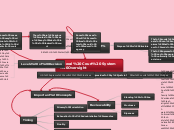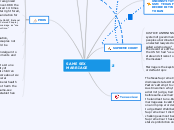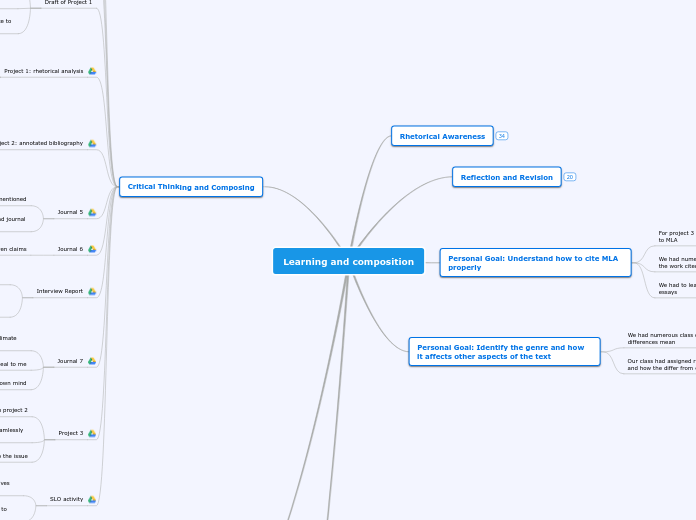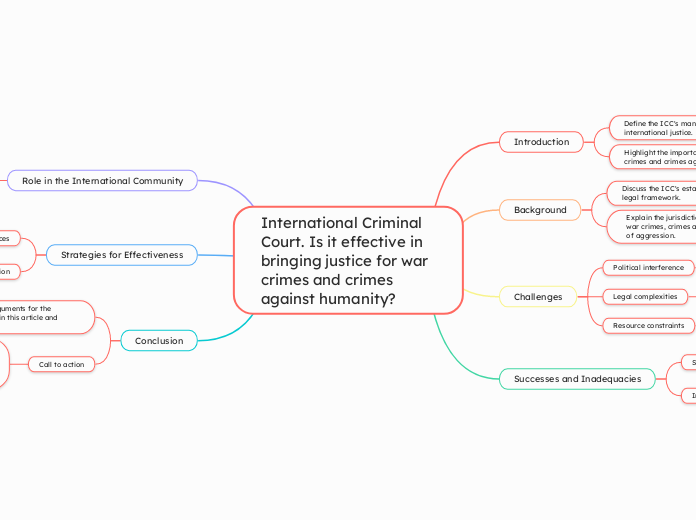by Karina Alvarado 6 years ago
168
Court System Oversight
The federal court system in the United States is structured to ensure justice through a multi-tiered approach, beginning with 94 district courts and progressing to 13 courts of appeals, and culminating at the U.









